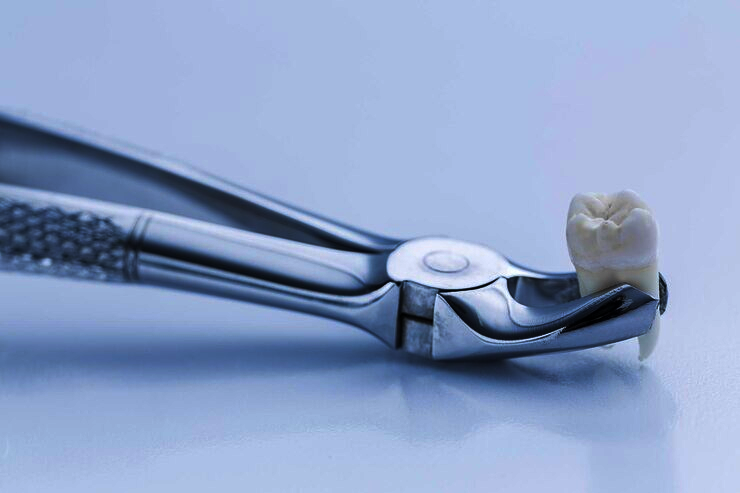Swelling around the teeth (or wisdom teeth) is called inflammation, and it’s caused by the body’s response to tooth extraction. The swelling can progress from mild to severe and can cause a number of problems, including difficulty breathing, pain, and fever. If you think you may have swollen lymph nodes as a result of wisdom teeth removal, consult your doctor to find out the most appropriate treatment. In the meantime, learn about the causes and symptoms of this problem to help you better understand what’s happening.
What are wisdom teeth and swollen lymph nodes?
Wisdom teeth and swollen lymph nodes are two common issues that can be a cause for concern. Let’s take a closer look at wisdom teeth and swollen lymph nodes.
- Wisdom teeth are a collection of small, square teeth that come out when children reach 6 to 7 years old. Usually, they last until age 19 or 20.
- It can also cause due to wisdom teeth removal surgery, bone infection, or cancer. They come out in clusters and usually get bigger over time. They can also be painful and cause difficulty breathing.
Causes of wisdom teeth and swollen lymph nodes
There are many possible causes of wisdom teeth and swollen lymph nodes, but the root of the issue is trauma to the jaw or neck. Swelling may also occur due to GERD (gastroesophageal reflux disease), and certain medications. If you’re experiencing either of these issues, see your dentist as soon as possible to rule out any other causes and start the right treatment plan. In the meantime, keep your head elevated, drink plenty of fluids, and take ibuprofen or other painkillers as needed. Wisdom teeth and swollen lymph nodes can be a pain, but with the right treatment, you can get back to your normal life quickly.

Symptoms of wisdom teeth and swollen lymph nodes
These are two of the more common symptoms that can occur after wisdom tooth removal. Swollen lymph nodes are usually the result of wisdom tooth removal, as they can remove surrounding tissue. This tissue can then become infected or swollen. In some cases, wisdom teeth may also remove surrounding tissue, which can lead to swelling and infection.

Treatment for wisdom teeth and swollen lymph nodes
If you’re experiencing swelling in the neck or axilla (the area around the shoulder), it’s likely due to one of the following: wisdom teeth removal, a viral infection, or cancer. In most cases, the swelling will decrease with rest, pain relief, antibiotics if necessary. The use of ice packs or cold compresses. If the swelling is severe or doesn’t go away after a few weeks, see your doctor. Surgery may be required in rare cases when wisdom teeth impacted inside the jawbone are causing significant swelling.
Frequently Asked Questions
How can I reduce the chances of developing Wisdom Tooth Syndrome?
If the swelling in your lymph nodes is an ongoing problem and you are prone to this syndrome, then there are some things you can do to reduce the chances of developing the disease. For example, if swelling is an ongoing issue for you, then you may need to take antibiotics if needed or have surgery. However, the best way to reduce the chances of developing this syndrome is by following a good oral health and hygiene routine. This means brushing your teeth twice a day, flossing regularly, and eating a balanced diet that’s full of fruits and vegetables. Furthermore, if you are prone to gingivitis or tooth decay, make sure to visit your dentist. By doing this, you’ll keep your mouth healthy and avoid the development of this syndrome in the first place.
Is it necessary to have a biopsy performed to confirm that Wisdom Teeth Syndrome is present?
Wisdom Teeth syndrome can be difficult to diagnose even with advanced dental equipment. A biopsy may not always be necessary to confirm that the syndrome is present. However, if there are any red flags such as swollen lymph nodes or bleeding from the teeth, then a biopsy should be performed for further confirmation.
Conclusion
By understanding the causes, symptoms, and treatment of this, you can feel more in control of your health and well-being. Make sure to read through this article to get all the information you need to understand and manage your health concerns.


















